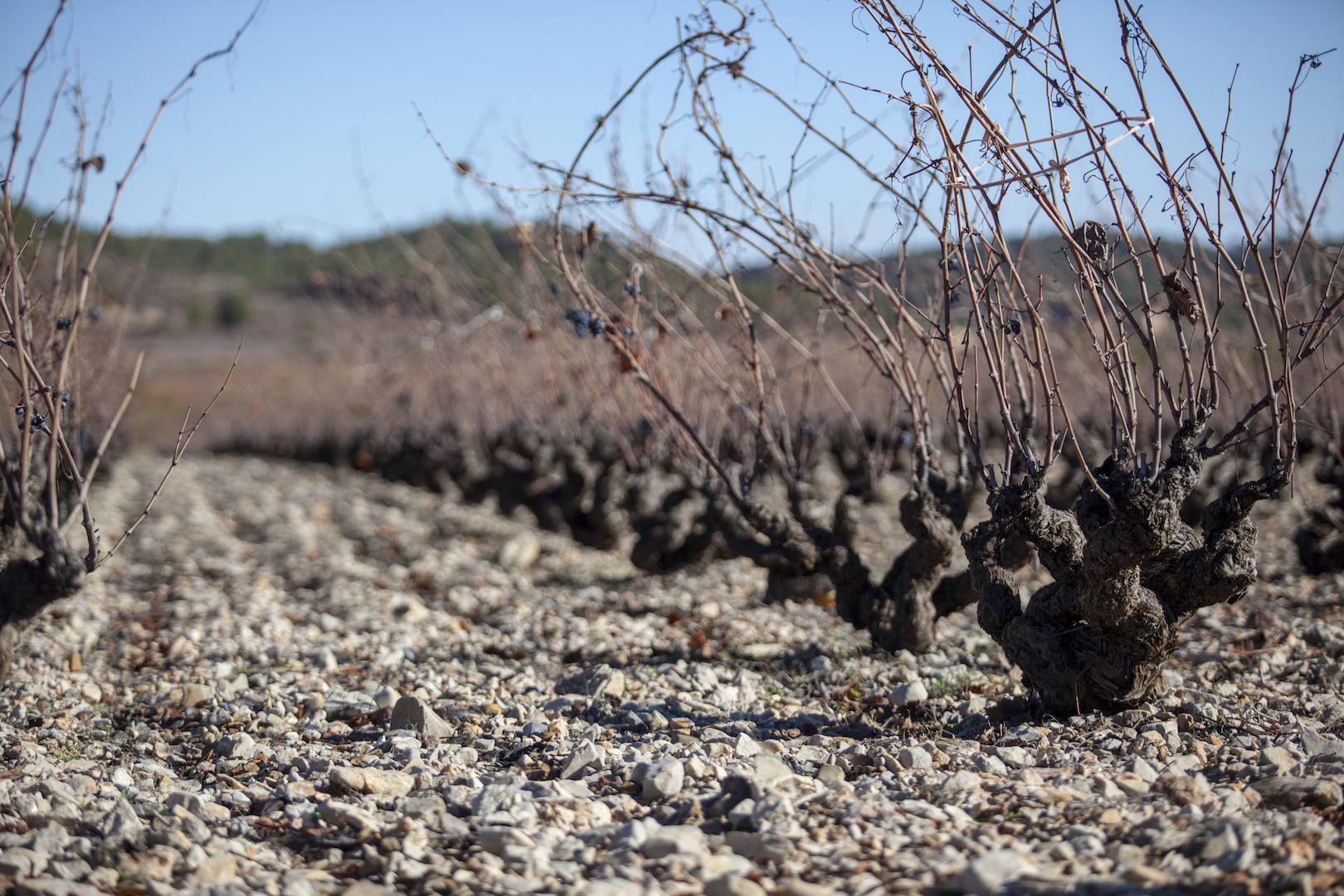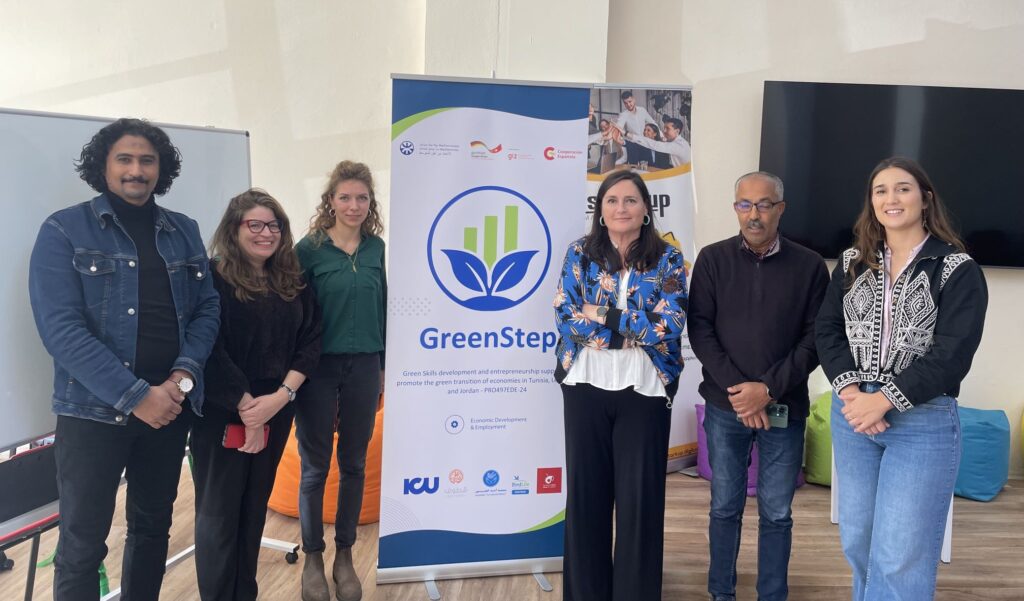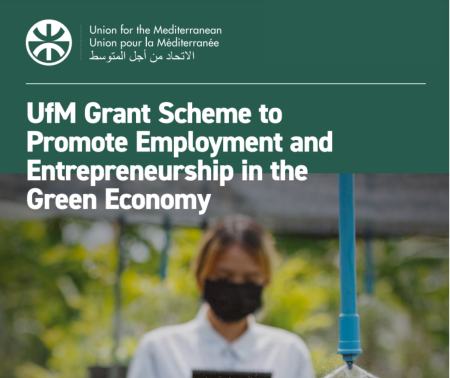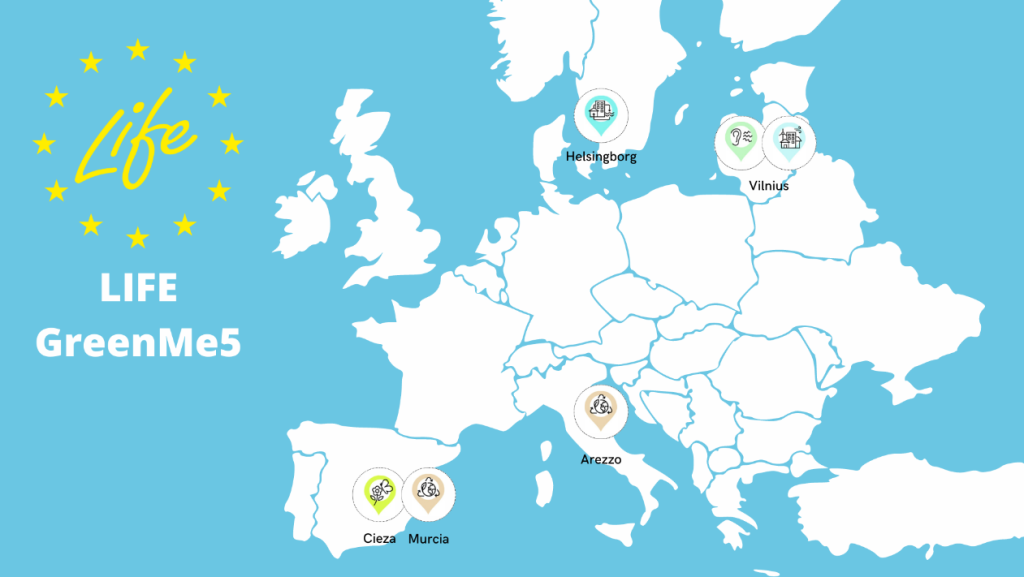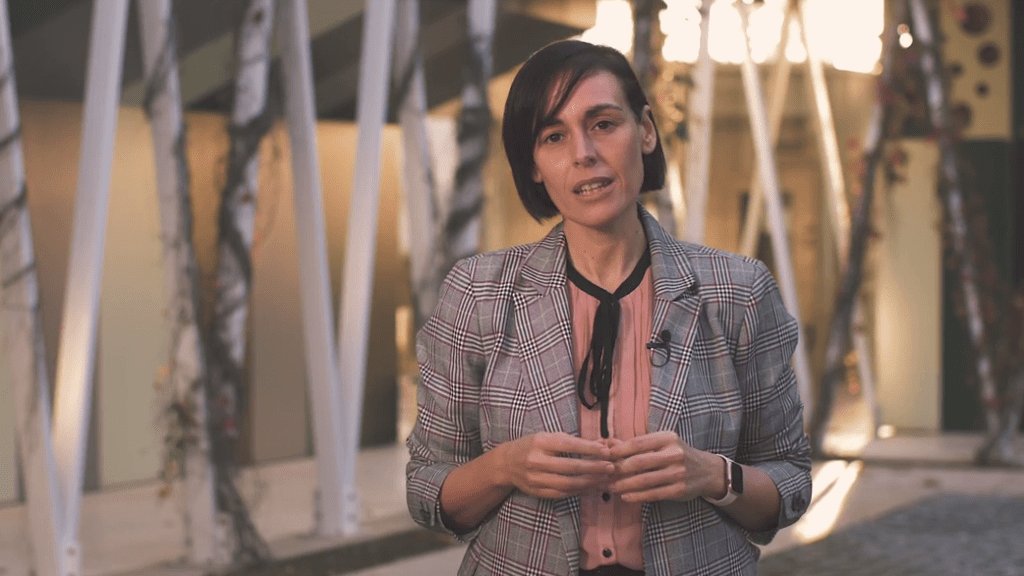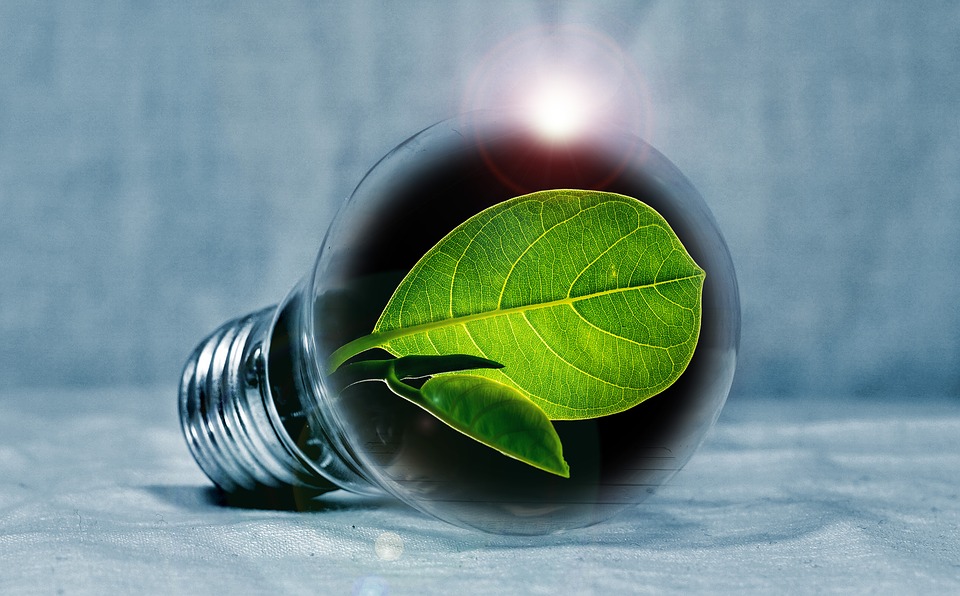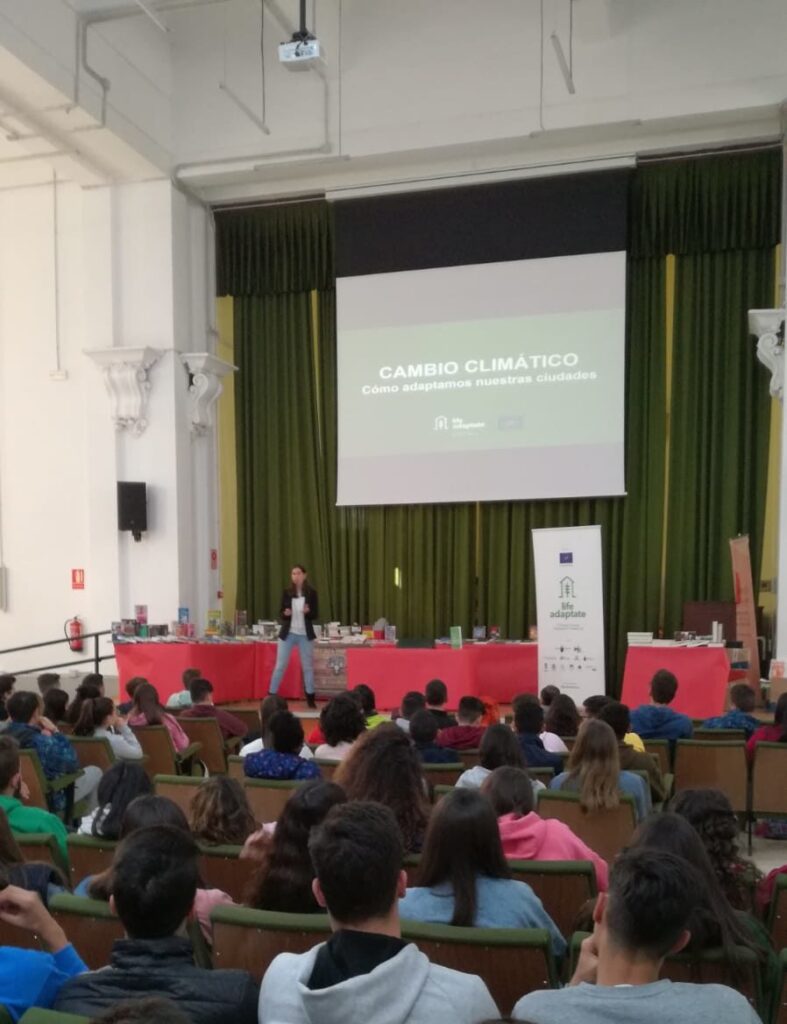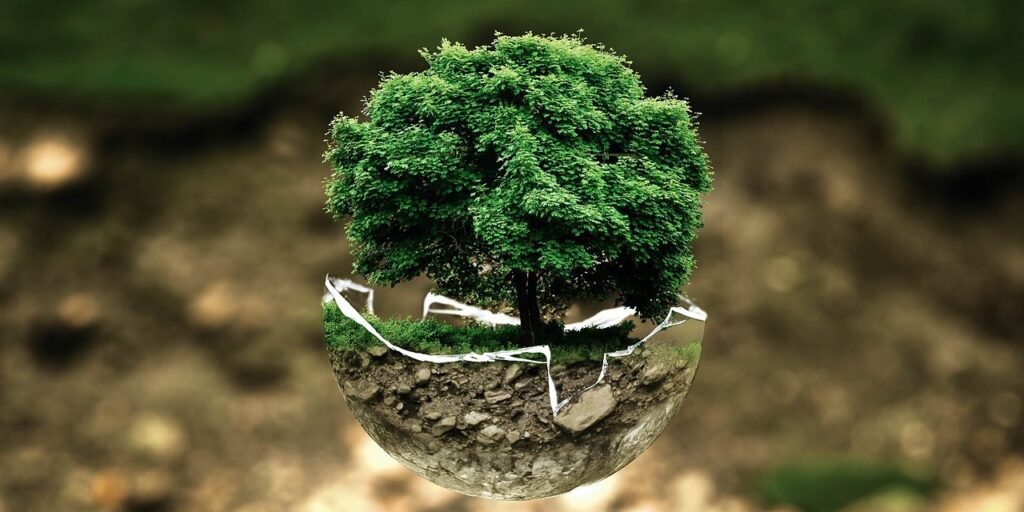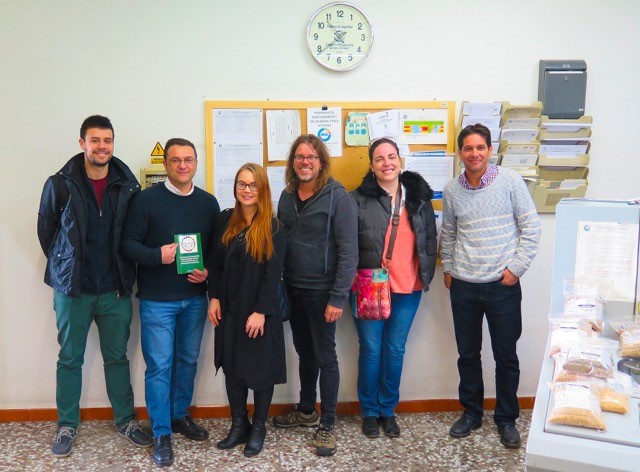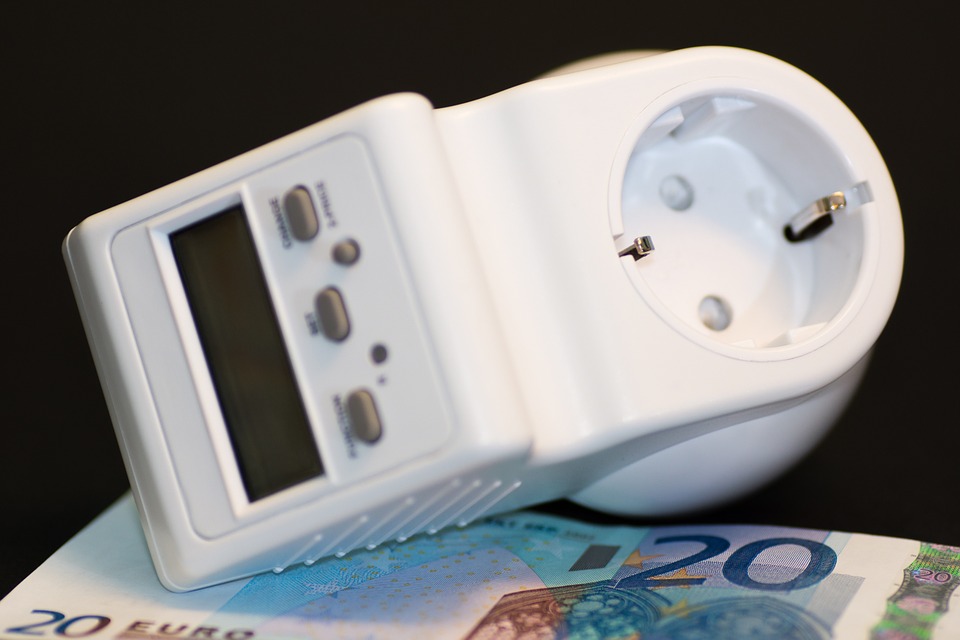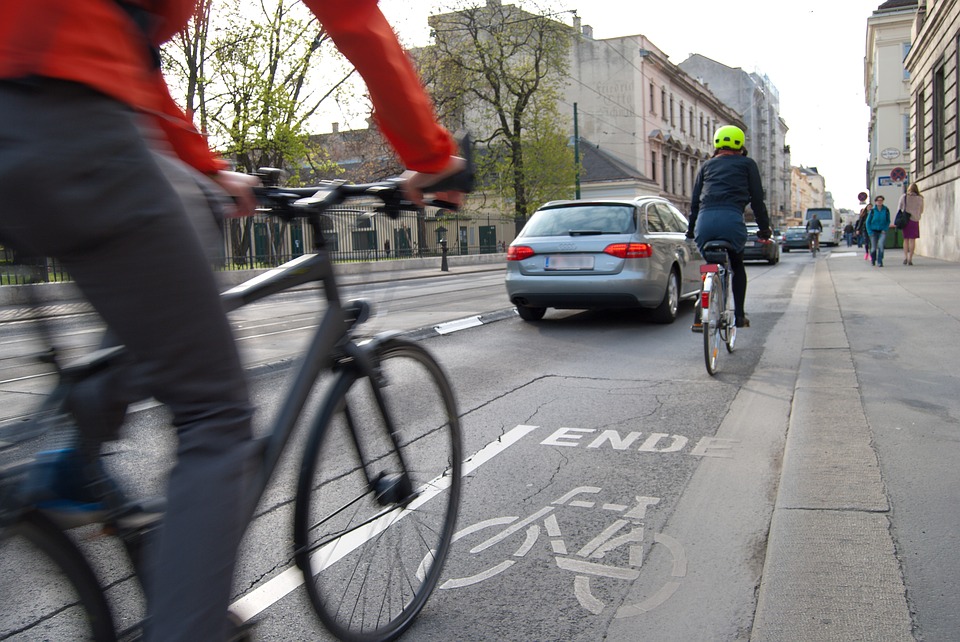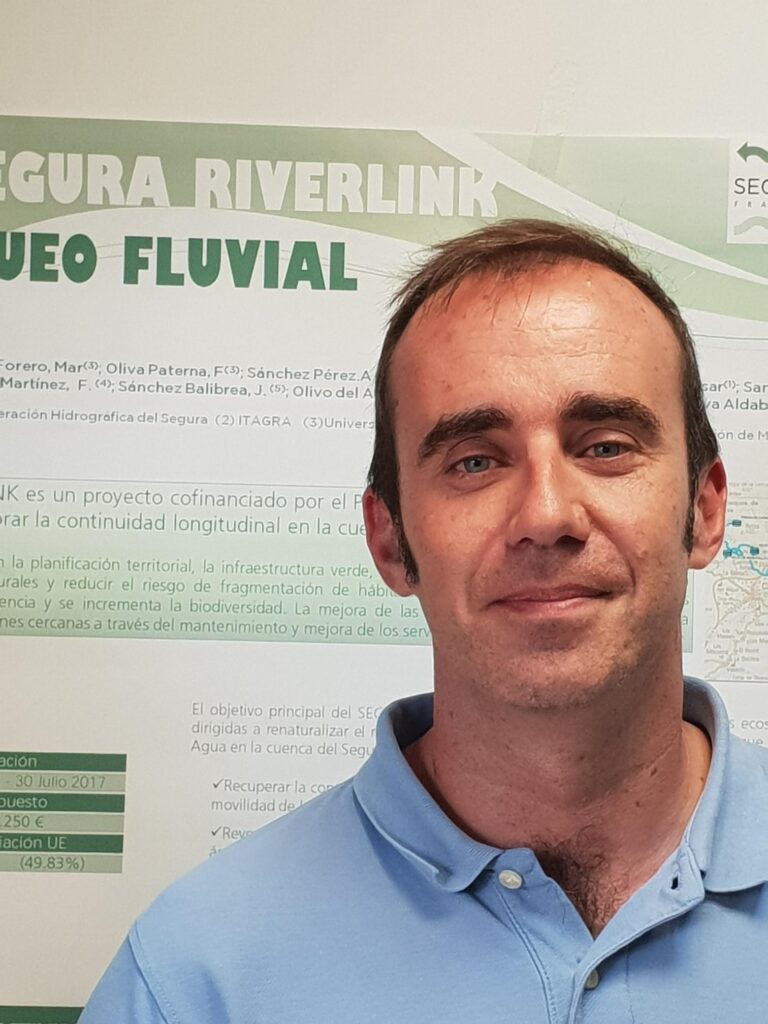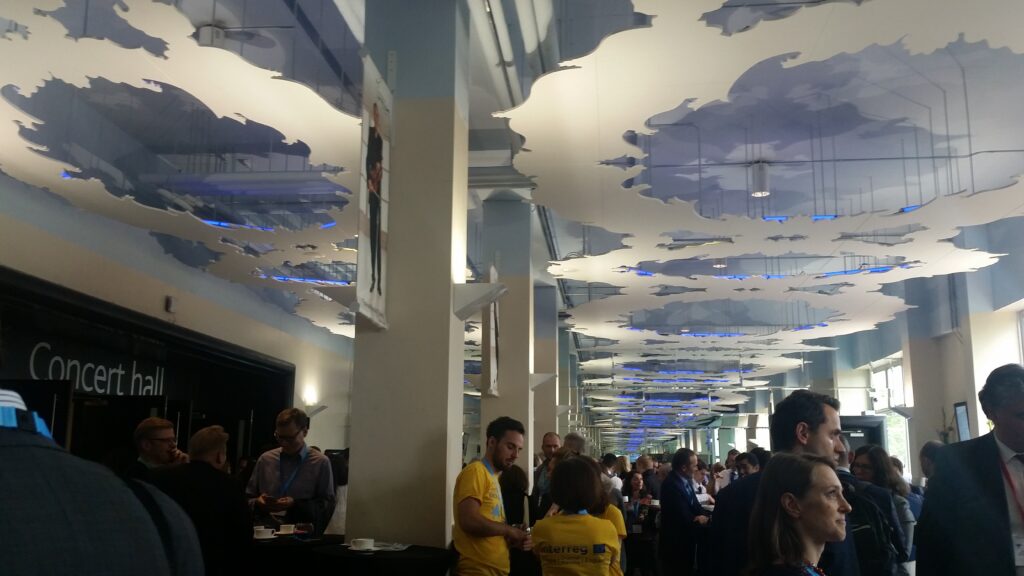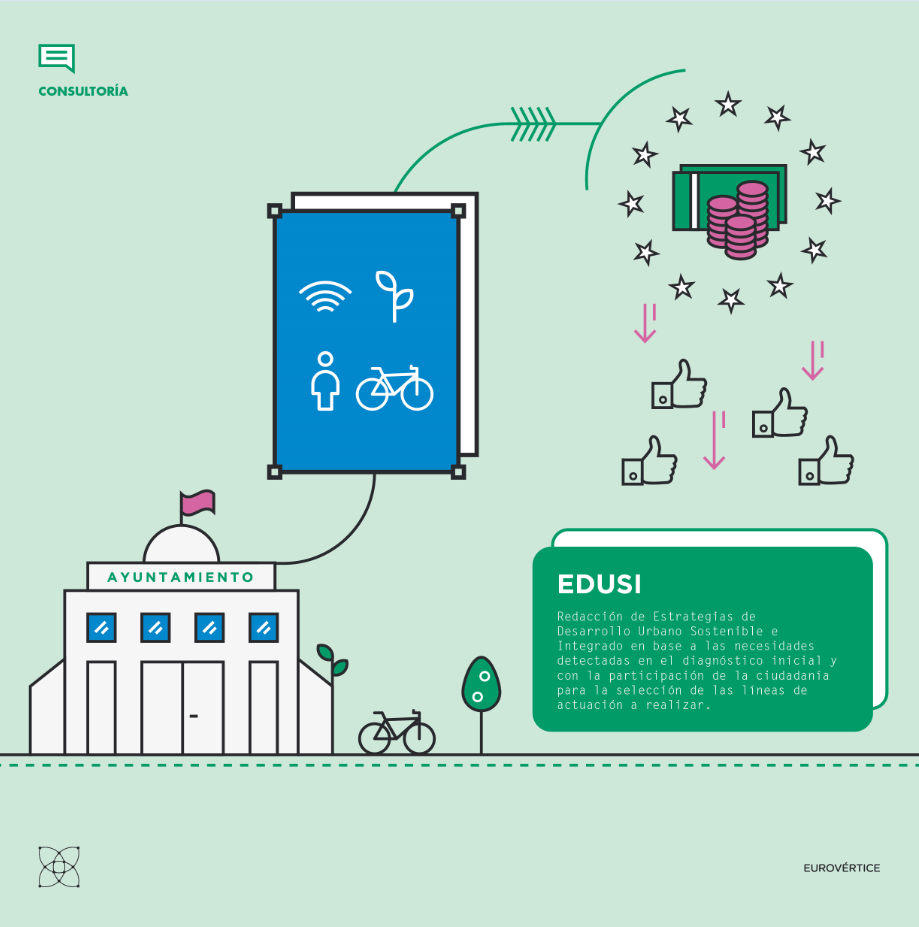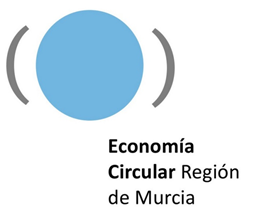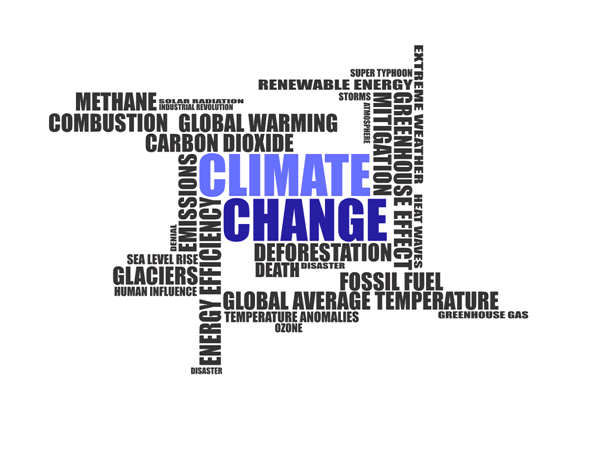Life Sarmiento project, coordinated by Microgaia Biotech and in whose partnership EuroVértice and the Cooperative Virgen del Rosario of Bullas take part, is co-financed by the LIFE Programme of the European Union and aims to reduce emissions from CO2 in vineyards. Other of its objectives is to improve climate governance through new land use practices that improve the profitability of vineyards, halt soil degradation and enhance soil resilience and biodiversity in arid climatic conditions.
Environmental problem
Like most economic sectors, agriculture produces greenhouse gases, being responsible for around 10% of total EU CO2 emissions. In Europe, around 57 million hectares are cultivated, of which 5.6% (3 million ha) is devoted to vineyards. One of the main residues of viticulture is the pruned vine shoots. It is estimated that 800 to 1,500 kg/ha of vine shoots are produced during the yearly pruning of the vineyard.
One third of European vineyards are in Spain, and vineyards waste management contributes to more than 5.5% of the entire CO2 emissions shared with Spain’s agriculture. Thus, improving the traditional management of vineyard pruning waste, which currently involves burning shoots, contributes significantly to sustainability and reduces the impacts on climate derived from viticulture.
Proposed solution
The project applies a Circular Economy principle to the vineyard, converting the annual pruning waste into an organic substrate to be applied as enriched compost in vineyard, seedbeds and urban gardens. For this, a process of composting is carried out for 6 months, allowing the transformation of the organic waste into inputs for agricultural production and obtaining a stable product (compost).
Results obtained
To date, it has been possible to avoid the burning of 597.6 tons of vine shoots by transforming them into organic fertilizer. This has allowed the reduction of 98% of the CO2 compared to those that would have been produced by burning the waste.
Moreover, the improvement of carbon sequestration in the total balance for the wine production cycle has been achieved by more than 30% for 2017 and more than 45% during 2018.
The application of compost to the soil helps to slow down its degradation, improving its fertility, biodiversity, resistance to erosion and its yield, which increases its ability to adapt to climate change.
Life Sarmiento, therefore, works to improve soil fertility by being a low emission project which contributes at the same time to climate mitigation and adaptation.
The project has a total budget of 835,020 Euros and the contribution by the European Union is 495,365 Euros.
If you are interested in having more information, click here.



